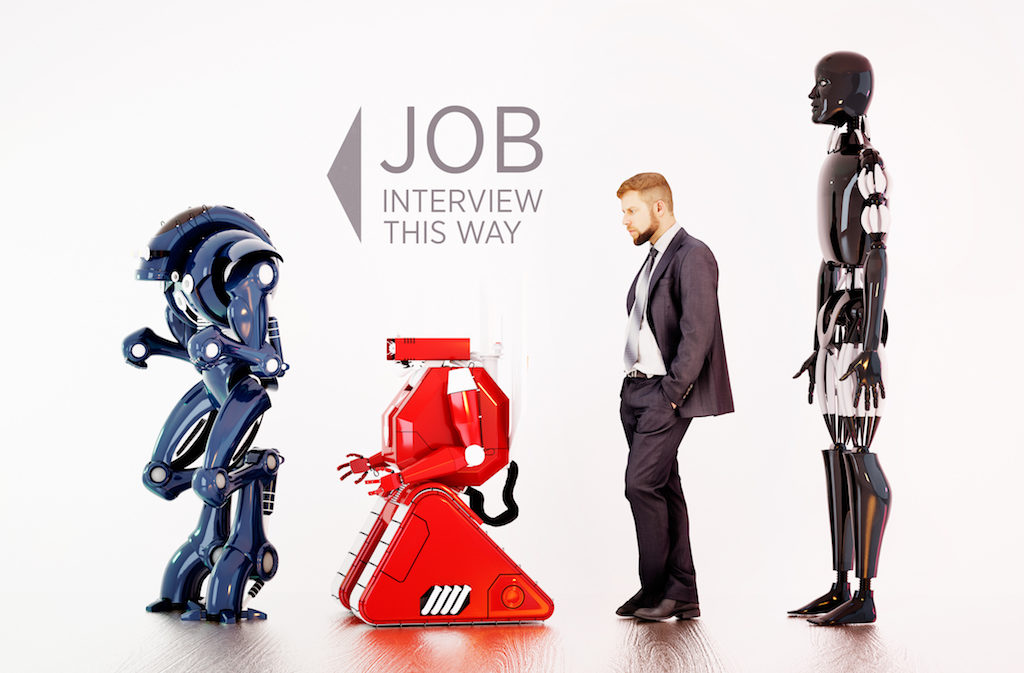One of several papers on recruitment and selection
Effective recruitment tools
Written by John Berry on 28th November 2018. Revised 17th February 2025.
5 min read
 Managers will interview candidates for jobs with their firm. Each interview, as the single selection instrument, must be designed to give evidence against all decision criteria. For example, if the jobholder will be employed in sales, engaging day to day with customers, the interview must facilitate the decision that the candidate will excel at that. Somehow, the interview must allow the view to be formed that the candidate will be ‘good in the job’.
Managers will interview candidates for jobs with their firm. Each interview, as the single selection instrument, must be designed to give evidence against all decision criteria. For example, if the jobholder will be employed in sales, engaging day to day with customers, the interview must facilitate the decision that the candidate will excel at that. Somehow, the interview must allow the view to be formed that the candidate will be ‘good in the job’.
Putting it bluntly, it’s a tall ask!
The selection process needs to be extremely well designed to assess mental ability, personality, competencies and behaviours. It’s going to have to be very comprehensive in order to assess the fit between the candidate and the job, let alone assess attitudes, beliefs and values.
Interview alone is unable to be that good. Indeed, no single selection instrument is that good.
As a result, we recommend the use of a number of ‘tools’ to support the interview. Each allows the hiring manager to predict how good each candidate’s performance will be against critical job characteristics.
Currently, we have five tools available.
Define your ideal employee tool
This tool allows you to define the job preferences, personality and general mental ability that you want in a candidate. Once defined, you can produce a report for each job that can be used in your recruitment as a statement of requirement. Once your ideal is determined, you then just need to use other tools find someone who meets that requirement! Define your ideal employee now.
Pre-select assessment tool
The Pre-Select report is a cost-effective way to assess candidates at the initial stage of the selection process. It also informs the manager going into first interview. The Pre-Select tool assesses general mental ability, personality and job preferences in just 12 minutes. Download your free sample report.
Use the TimelessTime version of the tool. Or have us customise a version just for you and your candidates. You'll then have a unique introduction to your own firm. And we'll reflect your corporate colours in the tool and reports. What better way to show your candidates that you’re serious about your recruitment and selection process.
You can take the test on our website, but you’ll need to contact us for an access code.
Personality assessment tool
A personality test or inventory is used to determine a candidate’s personality and compare that with the personality considered ideal in order to excel in the job.
There are five high-level personality traits, generally referred to as the Big 5. These traits have a predictive validity that allow you to assess how close a match each candidate is to your ideal. Different jobs require different traits. For example, a research scientist would need to have a high openness to new ideas and hence high openness in a test would predict good performance in a research job. A sales job would, on the other hand, require someone who is more extroversive than introversive. Each trait can be tested for.
That said, conscientiousness is a common requirement for most jobs. A personality profile scoring high in conscientiousness (towards the self-disciplined end of the scale) predicts high performance in the job.
Contact us to find out more and to use this tool.
General mental ability tool
General mental ability tests assess numerical, verbal and abstract reasoning. The test comprises 15 questions on each reasoning type. Candidates are given a set time to complete the tests so they are under some pressure when responding. The assessment is given as the percentage of questions attempted and the percentage of those answered correctly.
Typically, the final answer is a score out of ten and this is related to a reference group so a candidate might, for example, perform above average when compared with a reference group of several thousand graduates.
There is a high correlation between general mental ability and performance on the job for all knowledge-oriented jobs. And those with higher general mental ability tend to perform better and find it easier to learn new skills and to acquire new knowledge.
Contact us to use this tool.
Preferences assessment tool
Each person has preferences about the type of activities they want to do. Those preferences tend to determine the sorts of job in which they will likely expend energy.
Just as in intelligence and personality, managers should be particularly interested in talking to candidates who have a preference profile that best matches that characterising the job. A good example might be the job of quality auditor. We might expect the job holder to be attracted to practical jobs, highly investigative, not at all artistic, quite social, not particularly enterprising and highly interested in conventional activities.
Conceptually, this comparison between the attributes of a job and the preferences of a person gives rise to the idea of person-environment fit (P-E fit). Research shows that a person with high P-E fit is likely to enjoy higher commitment, engagement and job satisfaction.
Contact us to use this tool.
Using the tools to select the best
The most effective way to use the tools in our toolkit is to define your ideal candidate for the job you are currently recruiting to. Having dome that, you can then use the other tools to determine how each candidate matches that ideal.
Call us for more information.